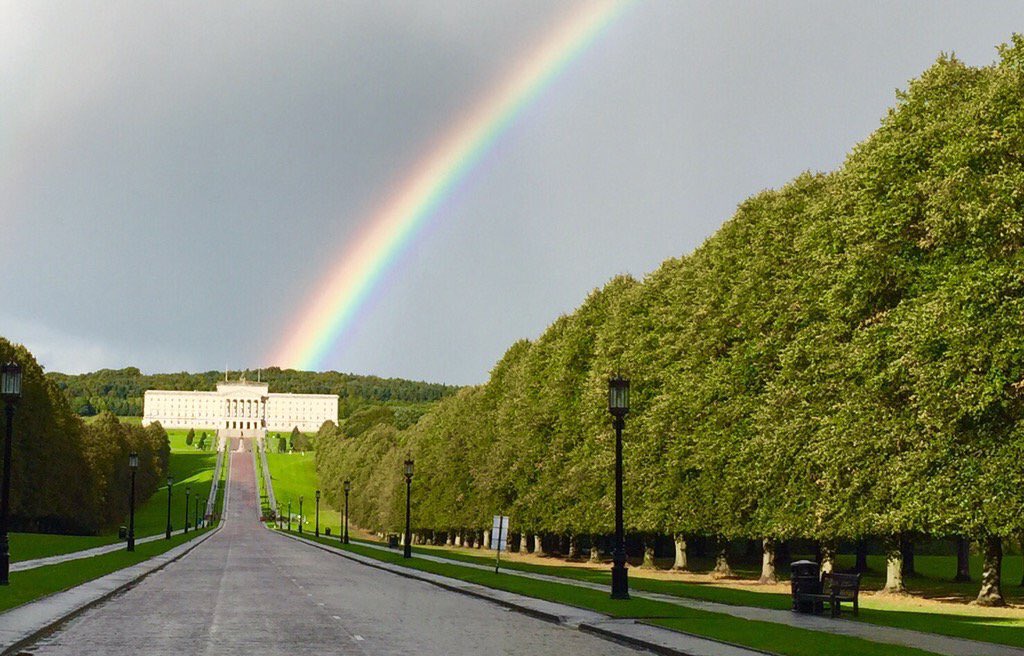More bad poetry, "inspired" in part by Isaiah 2 and 11 and a few local happenings... It may seem cynical and snide, but in comparison with the cynical behaviour of our political leaders at present it is a work of cheery optimism. And I DO look to scripture and particularly to the prophets for a vision of a different way of doing things; where the least and the lowest are lifted up and people on all sides work not for themselves and their voters/backers alone but for the common good. That day cannot come soon enough.
Come, let us go up to house on the hill
The place of peace that we were promised.
The place where laws are laid down
Where people come from all the nations
To see how peace is made.
Where guns and minds have been decommissioned
Now that the war is over.
Where the terrorist sits
with those who refused to be terrorised
Where the innocent victim sits
With those who know that no-one is innocent
The fearful with the fear-filled
The gracious with the graceless
The hopeless with the useless
Where children play within walking distance
Of a nest of vipers.
They will not harm nor destroy
The place of peace that we were promised.
The place where laws are laid down
Where people come from all the nations
To see how peace is made.
Where guns and minds have been decommissioned
Now that the war is over.
Where the terrorist sits
with those who refused to be terrorised
Where the innocent victim sits
With those who know that no-one is innocent
The fearful with the fear-filled
The gracious with the graceless
The hopeless with the useless
Where children play within walking distance
Of a nest of vipers.
They will not harm nor destroy
At least not deliberately
We hope…
The land was once awash with money
Pouring in from foreign fields.
We’ve now come to the end of the treasure-trove
Yet we act like we have money to burn.
But a day is coming when
The arrogant will be humbled
and the proud and lofty
Will be brought low.
Can’t come soon enough…
We hope…
The land was once awash with money
Pouring in from foreign fields.
We’ve now come to the end of the treasure-trove
Yet we act like we have money to burn.
But a day is coming when
The arrogant will be humbled
and the proud and lofty
Will be brought low.
Can’t come soon enough…
Shalom

Comments